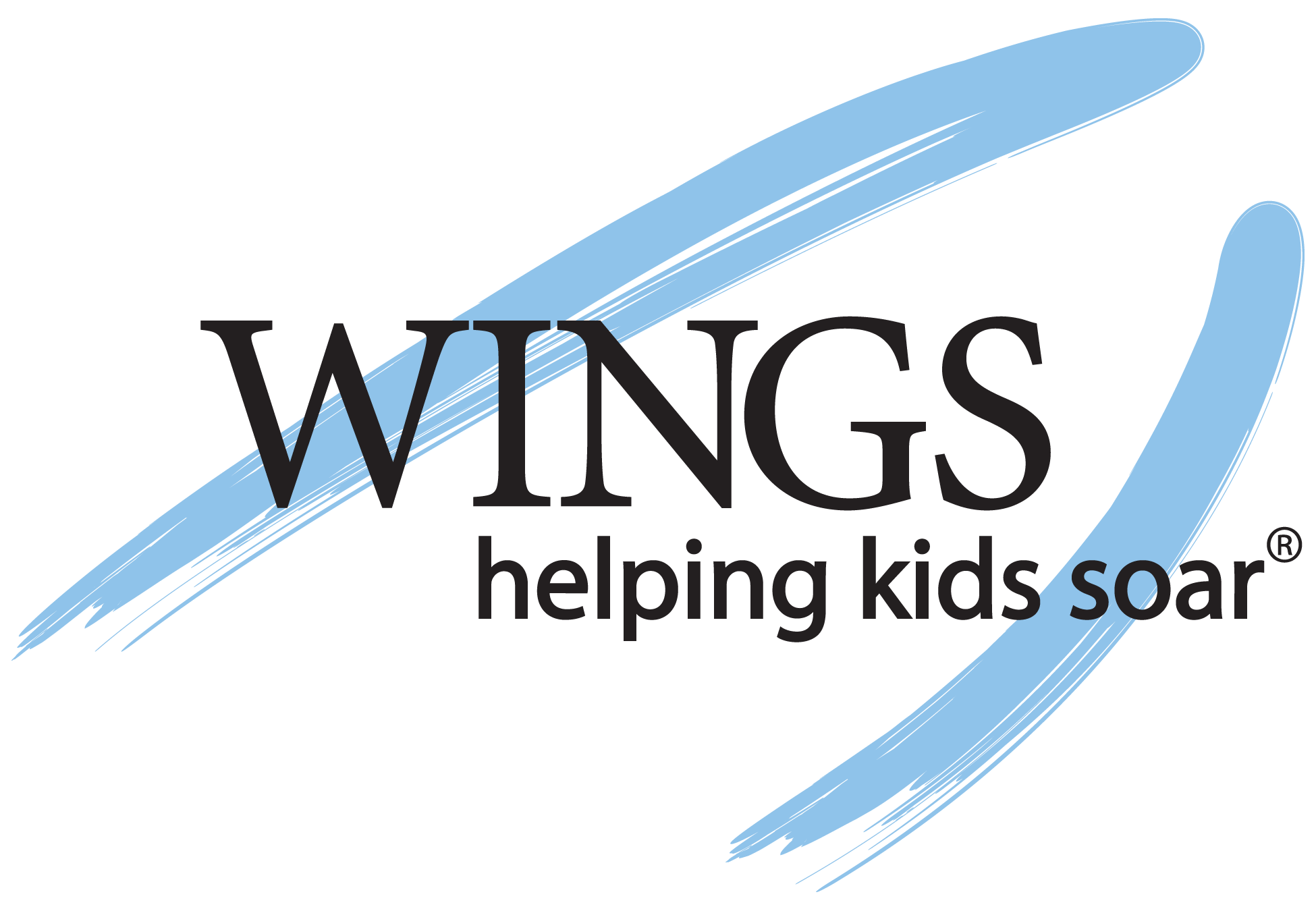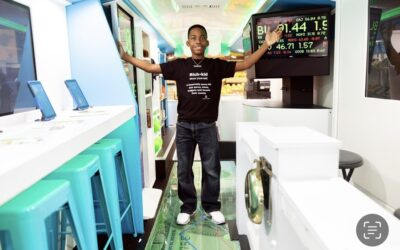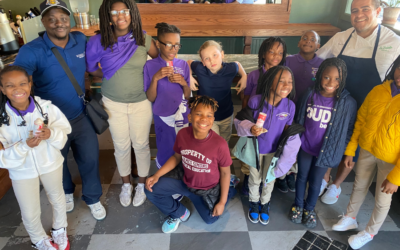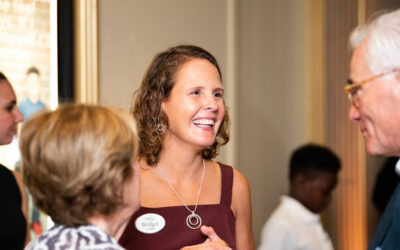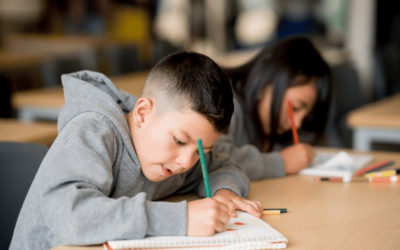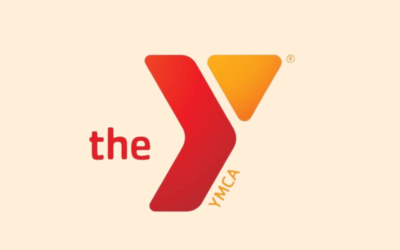Original article published by Lowcountry Parent, Heather Rose Artushin, July 2023
Charleston County School District (CCSD) has been a leader in the state’s implementation of Social Emotional Learning (SEL), with 80 percent of elementary schools and 100 percent of middle schools using SEL curriculum.
So what is SEL all about? Wendy Methvin, Executive Director of SEL4SC, a nonpolitical organization founded to help children across South Carolina learn these important skills, defines SEL as “the teaching of a broad set of skills children and adults can learn and use to regulate their emotions, communicate with others, use compassion and empathy to understand the needs of others, build relationships, and make good decisions in life.”
SEL has a long history, with roots in Ancient Greece. Plato promoted a holistic curriculum in The Republic, writing, “By maintaining a sound system of education and upbringing, you produce citizens of good character.” In more recent history, James Comer began piloting what he called the Comer School Development Program in the 1960’s out of Yale School of Medicine’s Child Study Center. The curriculum increased academic performance and decreased truancy and behavior problems, setting the SEL movement in motion.
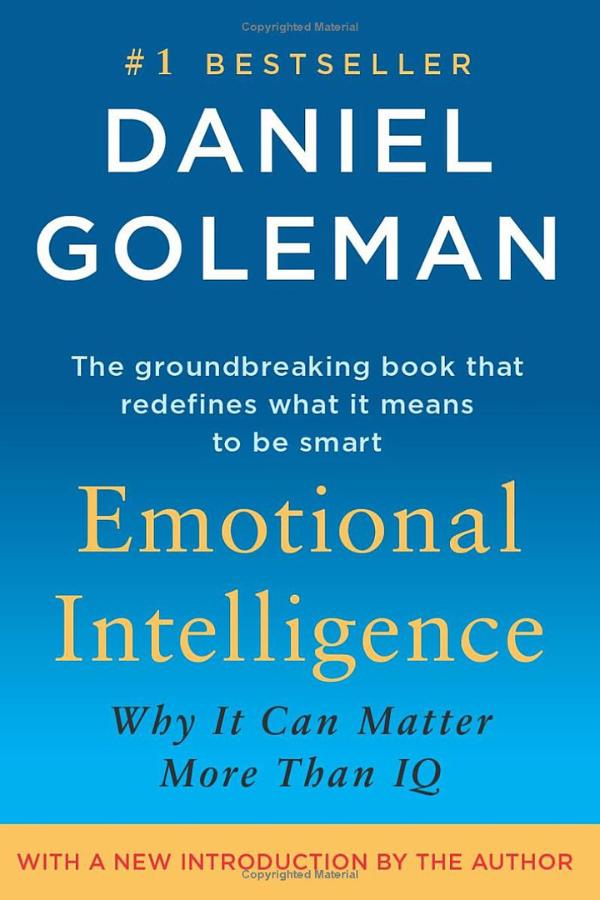
The 1995 book, “Emotional Intelligence: Why it can matter more than IQ,” by Daniel Goleman brought renewed attention to the value of social emotional skill building among parents and educators, and a 2011 bill urged Congress to provide teacher and principal training in practices that address the social emotional development needs of students under the Teacher and Principal Training and Recruiting Fund Program.
In recent years, some parents across the nation have protested SEL, believing it to be linked with Critical Race Theory (CRT), the controversial concept that racism is systemic and embedded in our laws, policies and institutions.
Methvin of SEL4SC responds to parents’ concerns about Critical Race Theory this way: “In simplest terms, CRT is exactly that — a theory — while social-emotional learning is the teaching of a set of basic life skills. Research shows that while parents might have a problem with the term ‘SEL,’ they broadly support the teaching of the actual skills it teaches.”
Research strongly supports SEL as being beneficial both to students and the community. One study looked at over 200 SEL programs across the country and saw improvements in student behavior and academic achievement. Another cited significant economic benefits, while other researchers found that students who received SEL training were more likely to graduate high school on time, complete a college degree and hold a stable job.
“The benefits of SEL taught to children are beyond measure,” shares Nicole Lovecchio, Chief SEL Officer at WINGS for Kids, a nonprofit that provides local afterschool programs and aims to equip at-risk students with social emotional skills. “Children who have the mindset, skills, and confidence to manage emotions, make good decisions, and build healthy relationships are going to find success in school and throughout life, both personally and professionally.”
According to Lovecchio, the benefits of SEL extend beyond the individual student to create a positive shift in school culture as a whole. “A school focused on SEL provides a supportive, engaging environment where both students and adults are working to develop their skill sets while being respectful and kind to each other.”
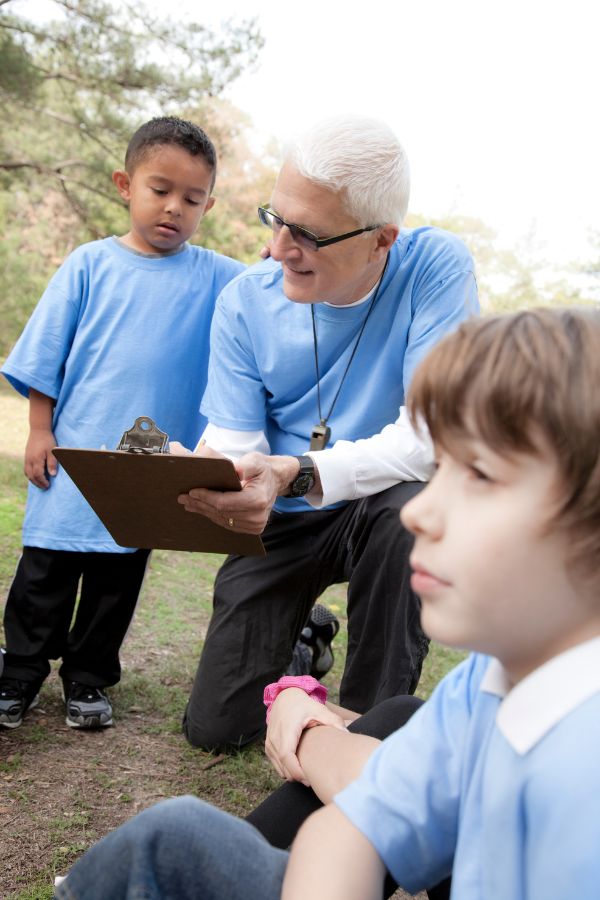
There are five core components of social emotions learning: self-awareness, self-management, social awareness, relationship skills and responsible decision-making. Parents can support their child’s learning by familiarizing themselves with the lessons their children are receiving in school, and modeling SEL skills at home.“The best way to support a child’s SEL is by working to build your own,” suggests Lovecchio from WINGS. “Since SEL is a process – there is no 100 percent or A plus – we are constantly developing these skills, some days are great and others just aren’t. We often want kids to display skills that we, as adults, fail to model. We want kids to control their emotions when we tell them no or take something away, but have a hard time controlling our own emotions when we get cut off in traffic or can’t find the remote!”
Admitting when you’ve made a mistake and apologizing to your child are simple ways you can model strong SEL skills at home.
SEL advocates are hopeful that, by strengthening the next generation’s emotional insight, relationship skills and empathy, the world will be a better place. “SEL is important to me because I truly believe that people who are self- and socially-aware have the ability to do great things,” reflects Lovecchio. “I want to live in a world where people take accountability and show empathy. A world where people care just as much about themselves as they do about those around them and make decisions that are for the greater good is a world that I would be proud to call home. The work I do with WINGS gives me the confidence that this is a real possibility.
